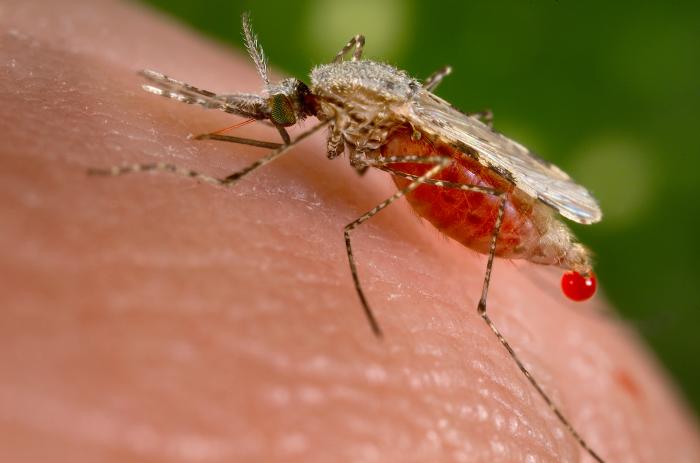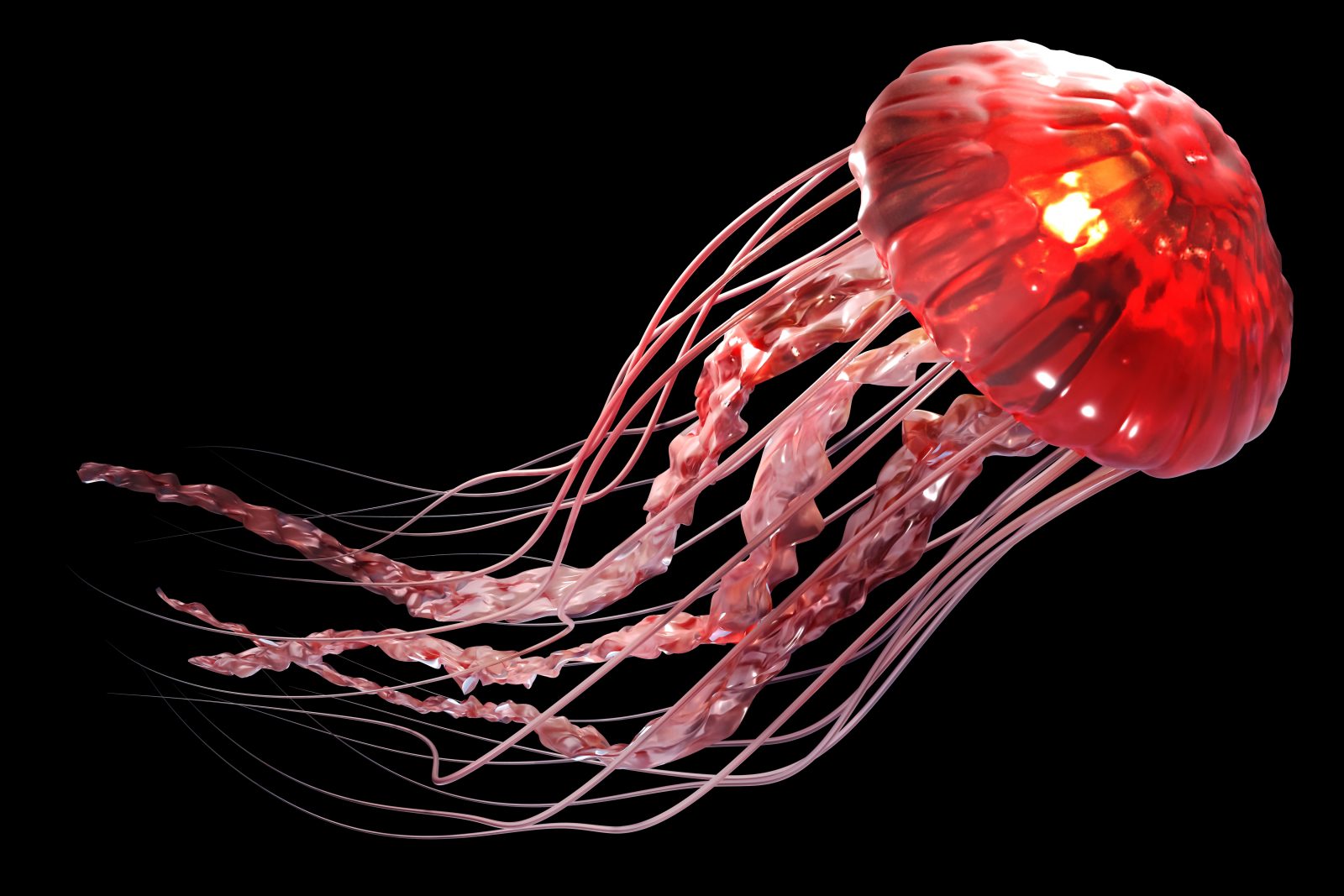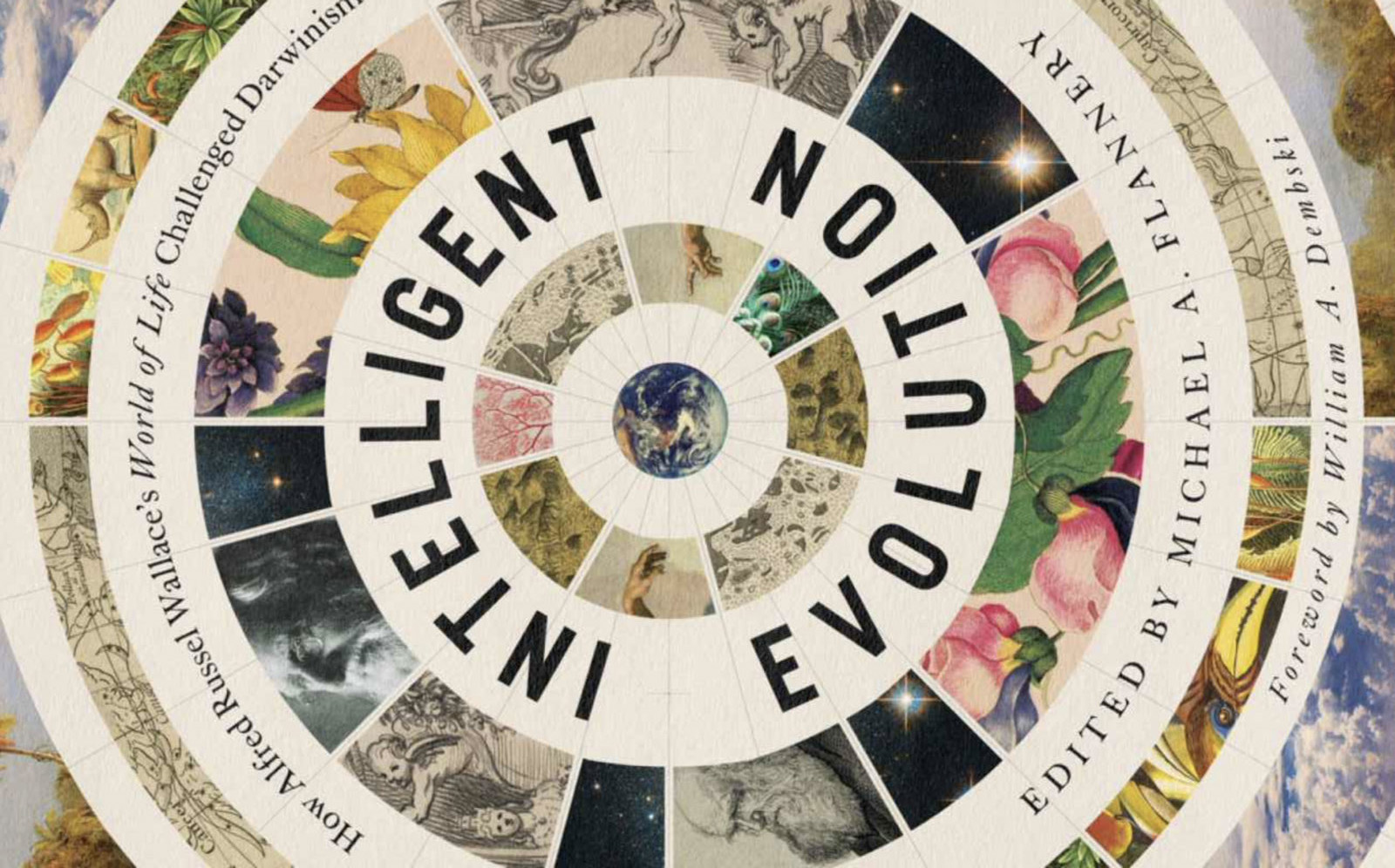
Michael Medved Spotlights Michael Behe and His New Book
Today’s ID the Future features an excerpt from the Michael Medved Show spotlighting intelligent design proponent Michael Behe. The two Michaels do a quick flyover of Behe’s hard-hitting new book, A Mousetrap for Darwin: Michael Behe Answers His Critics. Along the way they discuss some random mutations often touted as proof of evolution’s power, including some found in dogs. On closer inspection, this dog of an argument for evolution won’t hunt. Tune in to hear Behe’s lucid explanation.








